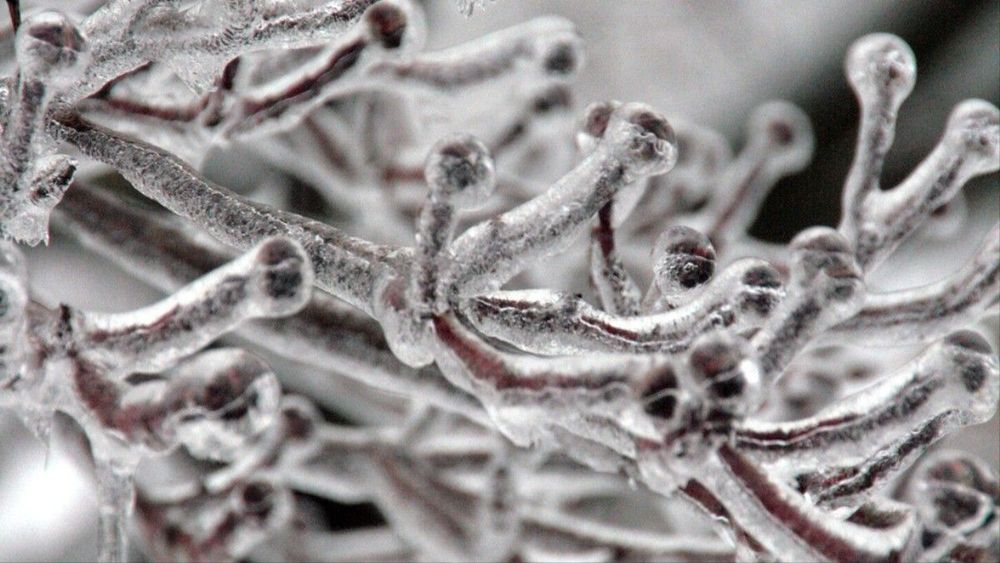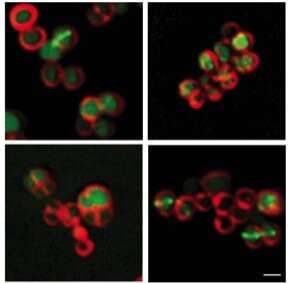This is Growing Underground, it’s an underground farm founded in 2012 by Richard Ballard and Steven Dring.
The farm sits inside a WWII bomb shelter. Eight of these shelters were built across London during the war, and they were each built to house around 8,000 people.
The tunnel system is 6,500m2 and Growing Underground currently only use 1/6th of the space. The farm uses hydroponic systems and LED lighting to simulate a day and night cycle.
The process takes place entirely underground, from the sowing of the seeds to the harvesting and packaging.
____________________________________
FACEBOOK: https://www.facebook.com/techinsider
TWITTER: https://twitter.com/techinsider
INSTAGRAM: https://www.instagram.com/tech_insider/









